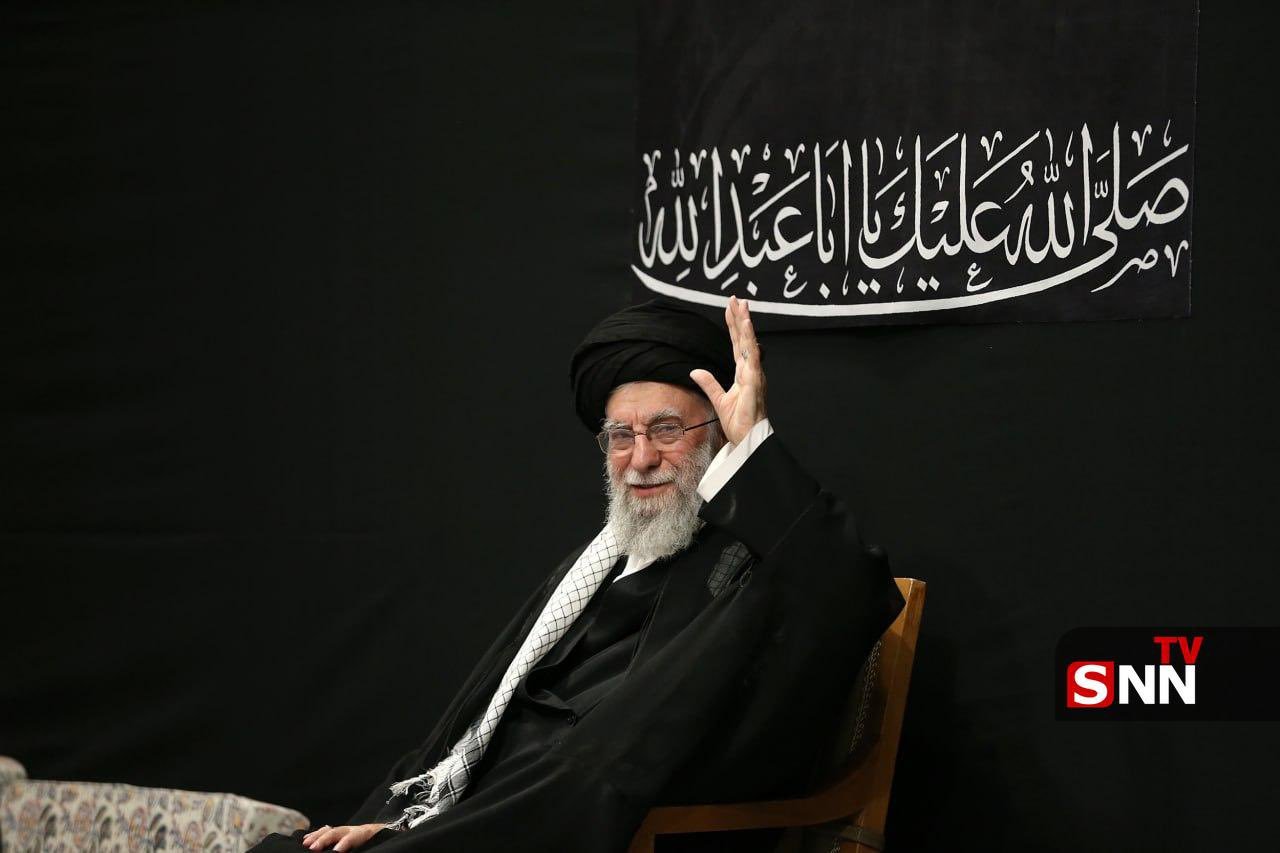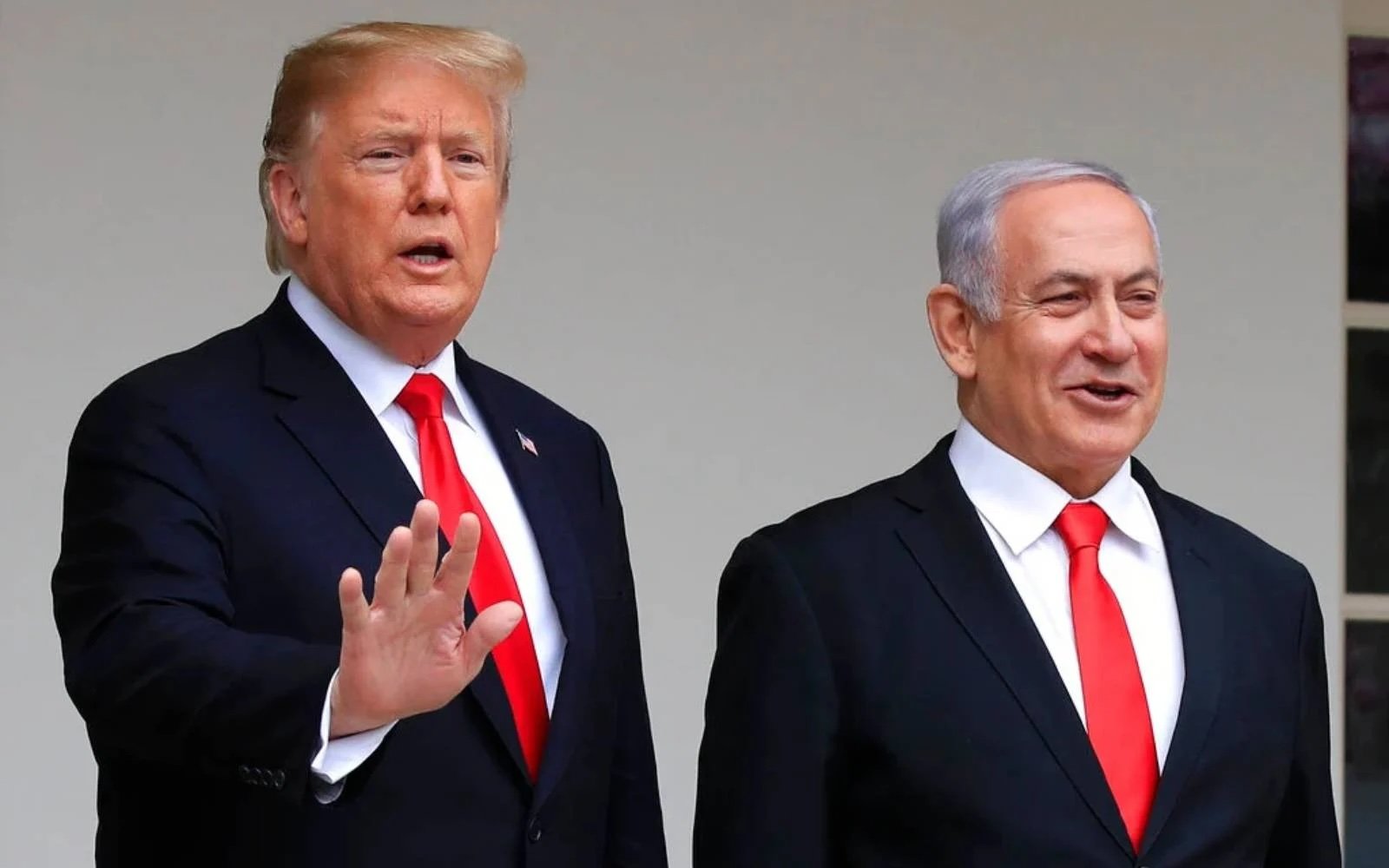
We Don’t Know What We Don’t Know
Two weeks ago the US bombed three nuclear facilities in Iran riding the coattails of Israel’s air campaign that decapitated much of the Islamic Republic’s senior military leadership and decimated its air defenses. Over the past two weeks, much of the US foreign policy establishment debated the efficacy of the strikes and what they mean for the future of regional security. President Trump triumphantly claimed that the US had obliterated Iran’s nuclear program. A preliminary report from the Defense Intelligence Agency leaked to the press assessed that the bombings had only set back Iran’s program a few months. Later in the week, the CIA released a more detailed report that said Iran’s program had been pushed back years. A chorus of analysts, pundits, and public activists have all weighed in on the matter with varying assessments shaded by personal bias. What is missing from many of these assessments is the humility and willingness to admit what we don’t know.

Making Sense of Trump’s Gaza Plan
On Tuesday evening, President Trump announced that the U.S. would take ownership of and rebuild Gaza while relocating the enclaves roughly 2.3 million inhabitants elsewhere. Previously the president had floated the idea of relocating Gazans to Egypt and Jordan to which Arab governments have flatly rejected. Trump’s announcement prompted a flurry of praise, criticism, and questions including: Was he serious?, Is this feasible?, What is the price tag? Who will live in Gaza after reconstruction?
